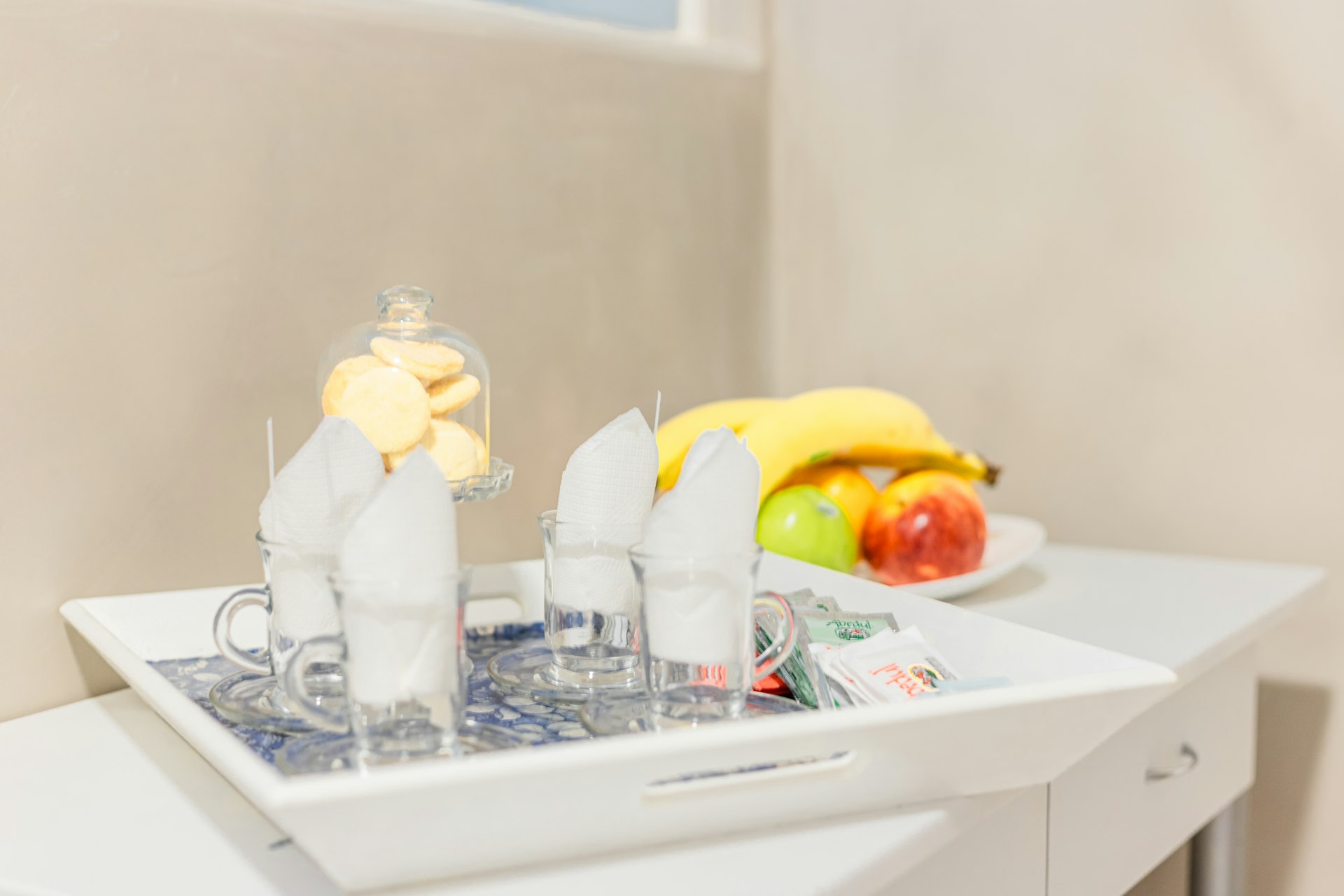Transform Your Skin: Proven Homemade Skincare Lifestyle Routines for Everyday Wellness

Photo by Lina Verovaya on Unsplash
Introduction: Embracing Homemade Skincare as a Lifestyle
Homemade skincare routines empower individuals to take control of their skin health using natural, accessible ingredients. This approach avoids harsh chemicals and leverages proven methods for cleansing, toning, moisturizing, and treating common skin concerns. When integrated into daily life, these routines not only support skin vitality but also foster mindful self-care habits. This article provides a comprehensive, actionable guide to building and maintaining effective homemade skincare routines, with verified strategies and alternative pathways for all skin types.
Understanding the Benefits of Natural Ingredients
Natural ingredients such as honey , hemp seed oil , lavender , apple cider vinegar , and yogurt offer clinically recognized benefits for skin health. For example, raw honey contains antioxidants and amino acids, helping to heal and nourish skin while promoting a healthy glow. Hemp seed oil is both anti-inflammatory and non-comedogenic, making it suitable for acne-prone and sensitive skin types. Lavender provides antibacterial and healing properties, and apple cider vinegar helps balance skin pH, especially for oily or acne-prone skin [1] , [2] .
Greek yogurt and cocoa powder are also popular for homemade masks: yogurt’s lactic acid gently exfoliates while cocoa delivers antioxidants for anti-aging and hydration [2] , [3] . These ingredients are typically easy to find in local grocery stores and can be incorporated into routines with minimal preparation.
Step-by-Step Homemade Skincare Routine
Adopting a daily routine is key for long-term skin health. Below is a science-informed, actionable regimen you can personalize based on your skin’s needs:
Morning Routine
- Cleanse: Use raw manuka honey or a gentle oil-based cleanser (such as hemp seed oil mixed with a few drops of lavender essential oil). Massage into the skin for 1-2 minutes, then rinse with warm water [1] .
- Tone: Apply a natural toner like lavender witch hazel or diluted apple cider vinegar (4-parts water to 1-part ACV). Gently pat onto the skin to balance pH and prepare for moisturizing [2] .
- Moisturize: Jojoba oil is a lightweight, non-comedogenic moisturizer. Add a few drops of lavender essential oil for extra soothing effects [1] .
Evening Routine
- Makeup Removal: Use coconut oil to gently dissolve makeup and environmental debris. Wipe away with a soft cloth [1] .
- Cleanse: Repeat your morning cleanse or use a hemp seed oil blend for deeper nighttime purification.
- Mask (1-2x per week): Apply a clay mask for oily skin, or a DIY mask made from yogurt, honey, and cocoa for hydration and anti-aging benefits. Leave on for 15-20 minutes and rinse with lukewarm water [5] , [3] .
- Tone: Use diluted apple cider vinegar or a gentle hydrosol to rebalance skin after masking.
- Moisturize: Apply jojoba oil with lavender or another preferred natural moisturizer.
Weekly and Occasional Treatments
Include exfoliating masks or enzyme-based treatments (such as those using papaya or yogurt) once per week to remove dead skin cells and promote renewal [5] , [3] . For hands, feet, or rough areas, use a baking soda paste as an occasional scrub, followed by a natural moisturizer [3] .
Personalizing Your Skincare Lifestyle
Homemade skincare routines can be tailored to all skin types and lifestyle needs. For dry skin, focus on hydrating oils (like avocado or almond oil) and gentle, non-stripping cleansers. Oily or acne-prone skin benefits from clay masks, apple cider vinegar toners, and non-comedogenic oils. Sensitive skin requires minimal ingredients and patch-testing before use.
Integrating skincare into your daily lifestyle also means making mindful choices about diet and environment. Nourishing from within-by consuming antioxidant-rich foods, staying hydrated, and minimizing processed ingredients-can amplify topical routines [5] .
Practical Guidance: Sourcing and Safety
Most natural ingredients are available at local supermarkets, health stores, or reputable online retailers. Always choose organic and unrefined options when possible to avoid pesticide residues and synthetic additives. Essential oils should be used sparingly and diluted appropriately.
Patch-test all new ingredients by applying a small amount to your inner wrist or behind your ear and waiting 24 hours before full application. If irritation occurs, discontinue use and consult a dermatologist.
Challenges and Solutions
Potential challenges of homemade skincare include inconsistent ingredient quality, storage issues, and risk of allergic reactions. To address these:

Photo by KINN Living on Unsplash
- Consistency: Buy from trusted sources, check expiration dates, and store products in cool, dark places.
- Allergies: Always patch-test and avoid any ingredients with a history of adverse reactions.
- Results: Natural skincare may take longer to show visible changes. Track your progress and adjust your routine gradually.
Alternative Approaches
If DIY isn’t suitable, consider natural, store-bought skincare brands that avoid synthetic chemicals and use transparent ingredient lists. Seek third-party certifications (such as USDA Organic or Ecocert) for added assurance. For professional guidance, consult a licensed dermatologist or esthetician who specializes in holistic skincare.
You can search for certified dermatologists through the American Academy of Dermatology’s official website or ask your primary care provider for recommendations. Many local spas and wellness centers also offer natural facials and product consultations.
Getting Started: Implementation Steps
- Assess your skin type and concerns (dryness, oiliness, sensitivity, aging).
- Gather basic ingredients: raw honey, hemp seed oil, lavender essential oil, apple cider vinegar, Greek yogurt, clay, and jojoba oil.
- Begin with a simple cleanse-tone-moisturize routine, then add masks and exfoliation as needed.
- Track your skin’s progress in a journal, noting any changes or reactions.
- Adjust ingredient choices based on seasonal changes, age, and skin goals.
To find ingredient safety data, consult the Environmental Working Group’s Skin Deep Database, or research clinical studies through PubMed or trusted academic sources.
References
- [1] Love Grows Wild (2018). Natural Skin Care Routine that Saved my Skin.
- [2] The Honey Pot Co. (2022). Beyond Your Pot: DIY Natural Skincare.
- [3] Venus Treatments. Spa from Home: DIY Recipes for At-Home Skincare.
- [4] Vibrant Skin Bar (2023). The Best Natural Skin Care Routine.
- [5] Le Prunier (2024). The Ultimate 9-Step Natural Skin Care Routine.
MORE FROM resultsdiscount.com













